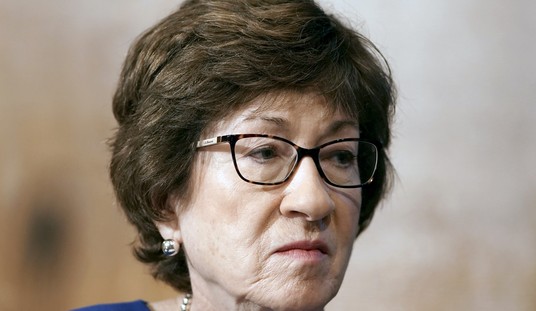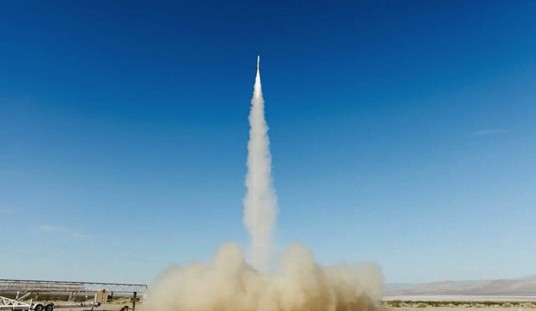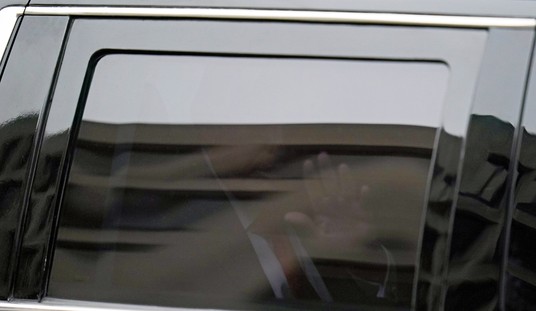Some recent articles in well-respected publications have sometimes referred to Russian leader Vladimir Putin as a religious zealot. But, that analysis somewhat misses the point. Some of this analysis is based upon a false perception that religion was totally repressed in Russia under Soviet rule. In fact, during communist rule there emerged an offshoot of the Russian Orthodox Church. It was that branch which did best under Soviet rule.
The traditional branch is tied to the Moscow Patriarchate which had been intimately entwined with the czars previous to the Bolshevik Revolution in 1917. Since the fall of the Soviet Union, Putin has re-embraced this traditional branch of the Church. There was collusion between the Church and the czars followed by repression under Communism and now that collusion has resurfaced under Putin.
Perhaps nothing strengthened the ties between Putin and the Church than the Pussy Riot debacle. While the band invoked the name of the Virgin Mary to drive out Putin while performing in a church, the performance drew the ire of the government, the people and Church. The result was sentencing the band members to prison for two years. But, it also had another effect: the reaction from the more liberal West invoking the specter of Soviet-era repression of the arts confirmed in the minds of Putin and the vast majority of Russians that their homeland was under attack by so-called Western values.
Putin may not be religious in the traditional sense, but he certainly realizes that Christianity- specifically the Russian Orthodox Church- is the common glue that holds the Russian people together. It has deep historical roots that were dampened, but never extinguished by 75 years of communist rule. And it extends beyond the borders of Russia itself into neighboring lands, especially the Ukraine.
Putin has carefully nurtured his relationship with the Church. He has demanded that the oligarchs fund the rebuilding of almost 25,000 Orthodox churches in Russia. A recent law passed forbids the practice of religion outside of an established church- a law that targets Western religions like Jehovah’s Witnesses that practice in their home. The Moscow Patrirachate is exempt from the law. An American Baptist minister was arrested and fined for conducting a Bible study group in his home. The Church is consulted on legislation of any nature that may touch upon religion.
Putin, like the Church, view themselves as a bulwark against Western decadence. He has criticized Western values and “tolerance” as “genderless and infertile.” To Putin, the new Cold War is one of Western values versus Russian conservatism. And he is succeeding domestically. A mere 5% of Russians aspire to be like the West with the vast majority respectful of Russian conservatism and exceptionalism.
As a result, Russia has rising birth rates. It is perhaps the only developed country where religion is taking on a greater role rather than a diminished one. His stance has been intolerant of divorce. He has banned the advertisement of abortion services. Pornography is banned as is “homosexual propaganda.” Putin’s Russia has moved considerably to the right of the Pope’s Vatican.
Compare Putin’s statements with those of the Patriarch of the Church. Said Putin: “Many Euro-Atlantic countries have abandoned their roots…including their Christian values.” Said Patriarch Kirill: “We have experienced an era of atheism and we know what it means to live without God.” In the next sentence, he accused the West of imposing “spiritual disarmament” upon the Russian people.
These are the thoughts that inform the Russian population. There is no mistaking the fact that Russian nationalism began to increase as the spread of Church influence increased. The Pussy Riot incident gave Putin the opportunity to clamp down on non-Orthodox churches. Today, Putin mandates religious instruction in public schools that is carried out by members of the Church.
There is nothing new here as concerns the Putin regime and the Church. Since the time of the czars, the Patriarchate and the Kremlin were allies- each doing the other’s bidding. The Church saw the czar as God’s chosen leader. But underlying the alliance was the belief in a shared and almost sacred vision of Russian exceptionalism and a unique national identity- neither Western nor Eastern.
Perhaps this explains why some have called upon Putin- not the EU, not the UN, not the Pope and not the US despite who occupies the Oval Office- to save Christianity. In fact, the Orthodox Church has specifically asked Putin to do just that and he enthusiastically responded, “Consider it done.” One of his primary reasons for intervening in Syria was the firm belief that the remaining Christian minority would be persecuted should Assad topple. Putin sees a geographic component of Eastern Orthodoxy that includes the Middle East. He is profoundly aware of history and the fact the Byzantine Empire straddled two continents. Hence, as the self-appointed protector of Orthodox Christianity, he looks to Asia and Europe.
It is evident in his foreign policy. For example, he said this about the Ukraine:
“Rising neo-Fascism in Ukraine is like the infectious gangrene which can spread across the European continent, and we, the people of the Russian Federation and descendants of the Soviet Union, we are determined to stop this plague.”
Regarding Turkey, he said this:
Should Turkey not stop supporting al-Qaeda’s Syria branch, I am indeed eager to end the job the late Tsar Nicholas II left unfinished. During World War I, he sought to restore Constantinople to Christendom and protect Russian maritime security by liberating Dardanelles and Bosphorus straits but fate prevented him.”
In a recent visit to Greece, he made a “pilgrimage” to a reclusive monastery administered by Russian monks at Mount Athos. This site is sacred to the Eastern Orthodox Church and Putin used the occasion of their 1,000 years there to mark the deep ties between Greece and Russia.
Since the annexation of the Crimea, ethno-religious sentiments have crept into Putin’s speeches. While anyone with a map knows the strategic importance of the Crimea to Russia’s Black Sea fleet, he has mentioned most the “spiritual nature” of the region since Grand Prince Vladimir converted to Christianity there. He has declared the town of Chersonesus, outside Sevastopol, as sacred to the Orthodox Church as Jerusalem is to the Vatican and Jews and “That is how we shall relate to it.” In other words, despite what the decadent West says or does, they are not leaving the Crimea. Ominously, he also referred to Kiev as the “mother of all Russian cities.”
Nothing more greatly symbolizes Putin’s views than the recent installation of a statue of Vladimir the Great next to the Kremlin and near the Church of Christ the Savior. The statue of the saint is a symbol of the Christianity he founded and that now informs Russian domestic and foreign policy.
So, is Putin taking advantage of the inherent intense nationalism and mass inferior complex of the Russian people by appealing to and using the glue- the Russian Orthodox Church- to his advantage? Or is Putin simply resurrecting czarist Russia which was repressed and held dormant by 100 years of Communist rule and its immediate aftermath? The rhetoric and the symbolism suggests the latter.













Join the conversation as a VIP Member